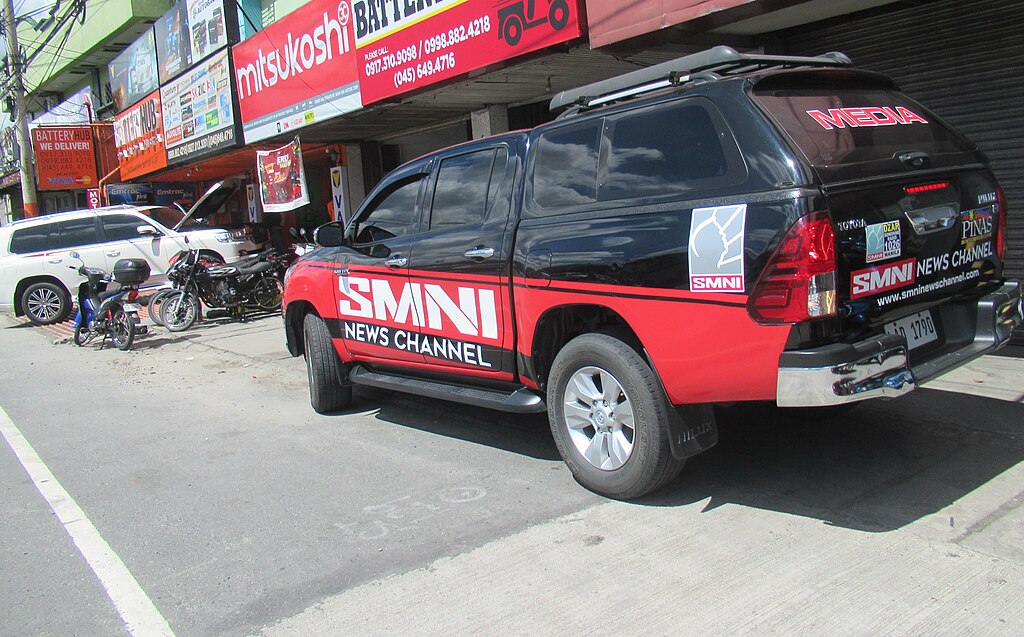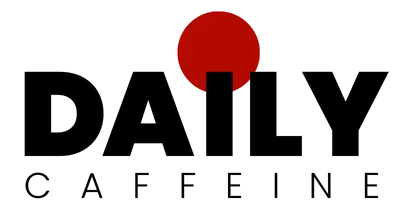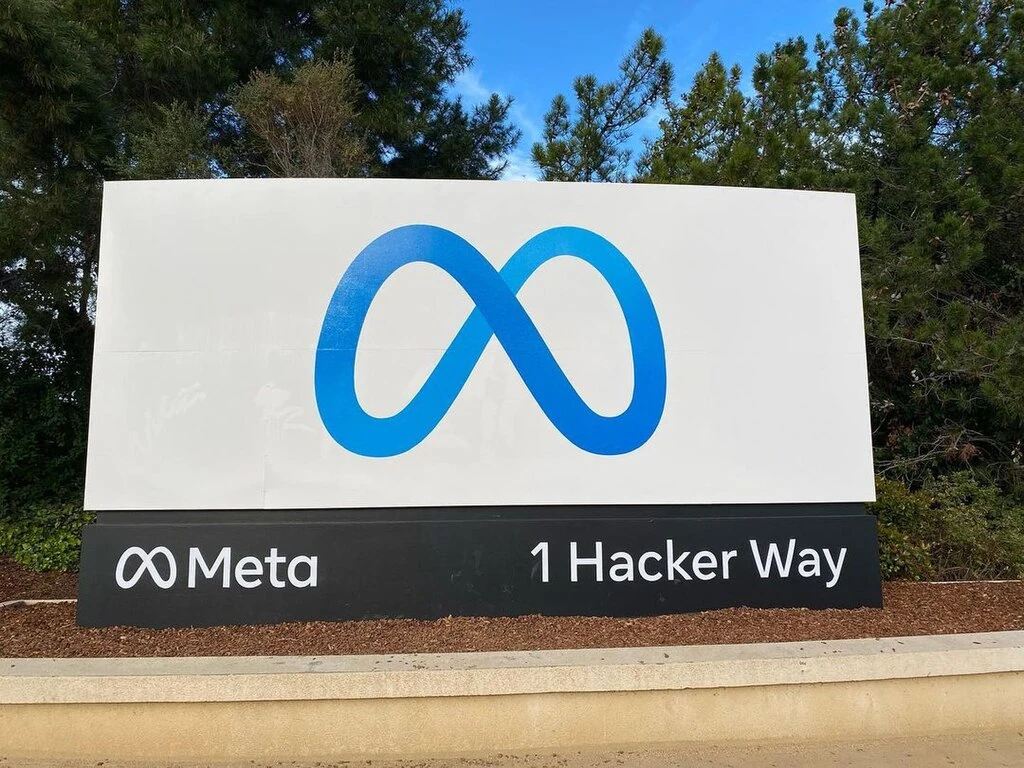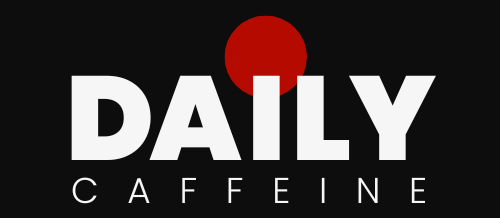In a significant move that has sparked debates on media regulation, political influence, and online disinformation, Meta, the parent company of Facebook and Instagram, has suspended the accounts associated with Apollo Quiboloy and Sonshine Media Network International (SMNI). This action raises several questions about the balance between free speech and platform accountability, as well as the broader impact on media and politics in the Philippines.
Who is Apollo Quiboloy?
Apollo Quiboloy is a controversial religious leader and founder of the Kingdom of Jesus Christ (KOJC). He has also been a political ally of former Philippine President Rodrigo Duterte. Quiboloy has faced multiple allegations of abuse, human trafficking, and financial fraud, both in the Philippines and the United States. These accusations have led to his indictment by the U.S. Federal Bureau of Investigation (FBI), and he remains a fugitive from U.S. law enforcement.
Despite these allegations, Quiboloy has maintained strong political connections in the Philippines. Through SMNI, the media arm of KOJC, he has wielded significant influence, particularly in disseminating pro-administration narratives and attacking political opponents.
Why Did Meta Suspend Quiboloy and SMNI?
Meta’s decision to suspend Quiboloy’s accounts and SMNI’s pages comes as part of the company’s broader efforts to combat misinformation, hate speech, and coordinated inauthentic behavior on its platforms. While Meta has not released a full statement detailing the exact violations, several factors likely contributed to the ban:
- Coordinated Inauthentic Behavior – Meta has previously taken down networks engaged in coordinated inauthentic behavior, where accounts and pages operate together to manipulate public opinion. SMNI’s activities, which include amplifying certain political messages while attacking critics, may have fallen under this category.
- Spread of Misinformation – SMNI has been criticized for spreading disinformation, particularly in favor of Duterte and his allies while discrediting opposition figures, activists, and journalists.
- Connection to a Fugitive – Quiboloy’s status as an FBI-wanted fugitive may have contributed to Meta’s decision, as platforms often take action against individuals sanctioned or wanted by law enforcement.
- Community Standards Violations – If SMNI and Quiboloy’s pages engaged in repeated violations of Meta’s policies on hate speech, harassment, or incitement to violence, they would be subject to removal.
Political and Media Reactions
The suspension has led to strong reactions from different sectors:
- Supporters of Quiboloy and SMNI have decried the move as an attack on press freedom and religious expression. Some have framed it as part of a larger effort to silence conservative or pro-administration voices online.
- Critics and Media Watchdogs have welcomed the suspension, viewing it as a necessary step in combating online disinformation and ensuring responsible journalism.
- Government Officials have issued mixed responses, with some lawmakers calling for further investigations into SMNI’s operations, while others have raised concerns about potential overreach by social media platforms.
Implications for Philippine Media and Politics
The suspension of SMNI and Quiboloy’s social media presence has several key implications:
1. The Battle Against Disinformation
SMNI has been a major player in political propaganda, especially during election seasons. The platform has been accused of spreading misleading narratives that favor specific political figures. With its suspension, there may be a reduction in the reach of these messages, but the fight against disinformation continues, as similar networks may emerge on other platforms.
2. The Role of Big Tech in Regulating Speech
Meta’s action highlights the increasing role of Big Tech in moderating online discourse. While private companies have the right to enforce their policies, concerns about selective enforcement and potential bias persist. This raises the question of who gets to decide what constitutes misinformation and what mechanisms exist to appeal these decisions.
3. Political Consequences for Quiboloy and His Allies
With his social media presence significantly diminished, Quiboloy’s political influence may weaken. SMNI has served as a platform to promote his views and defend his allies, including former President Duterte. The loss of this media channel could disrupt the propaganda machine that has supported certain political factions in the Philippines.
4. Press Freedom and the Philippine Media Landscape
The case of SMNI’s suspension has reignited discussions on press freedom. While some argue that it is a necessary action against harmful disinformation, others worry that it sets a precedent for social media platforms to unilaterally shut down media organizations without transparency.
What’s Next?
Quiboloy and SMNI will likely explore alternative platforms to continue their messaging. Given the rise of Telegram, Rumble, and other less-moderated spaces, they may attempt to rebuild their audience outside of Meta’s ecosystem. Additionally, they could challenge the suspension through legal means or regulatory appeals in the Philippines.
On a larger scale, this event underscores the need for more robust policies on media regulation, digital literacy, and transparency in tech moderation. As the digital landscape evolves, the Philippines faces the challenge of balancing free expression with the fight against harmful content online.

Conclusion
Meta’s suspension of Apollo Quiboloy and SMNI marks a turning point in the battle against online disinformation in the Philippines. While it addresses concerns about misinformation and coordinated propaganda, it also raises broader questions about media regulation, political influence, and the role of tech giants in shaping public discourse. Moving forward, the challenge will be to create a digital environment where free speech and responsible journalism coexist, ensuring that information remains truthful and accountable.


